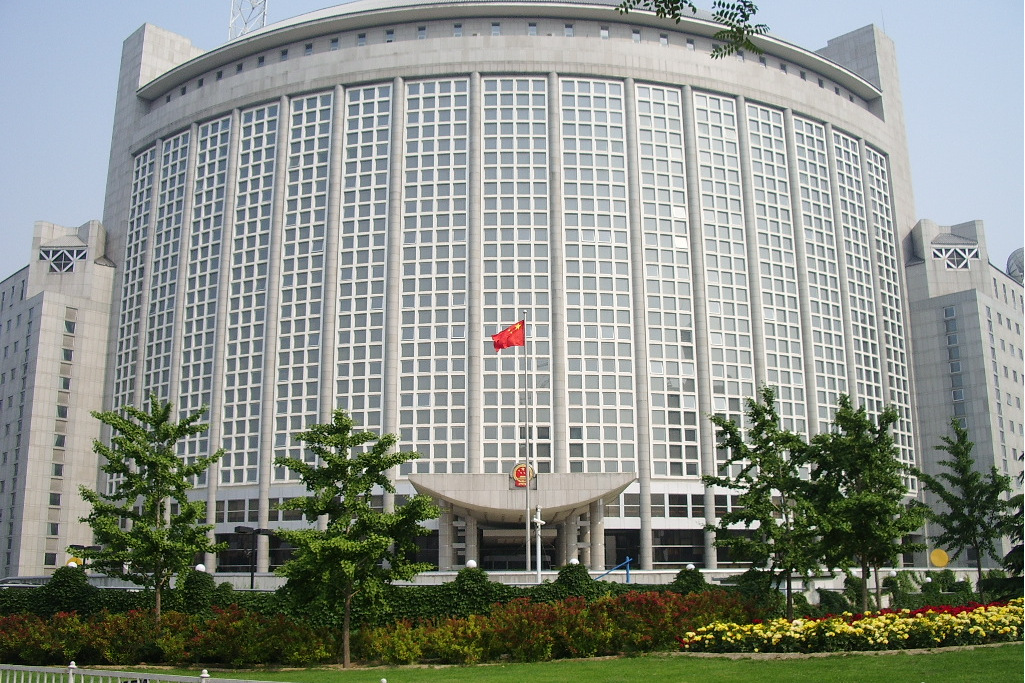
In June 2023, the Shanghai International Arbitration Center (SHIAC) promptly froze the respondent’s bank accounts through an online system when handling the applicant’s property preservation application in a supply contract arbitration.
In a supply contract arbitration case before the SHIAC, the applicant applied for property preservation.
Subsequently, the SHIAC submitted the applicant’s property preservation application and relevant documents to the Xuhui Primary People’s Court of Shanghai online through the filing portal for arbitration preservation of the Shanghai Court Litigation Service Network. Upon review, the court promptly froze the respondent’s bank accounts.
The completion of property preservation in arbitration through the online system has greatly improved the efficiency of property preservation in arbitration. This is also the first property preservation in arbitration handled online in Shanghai.
According to the existing Arbitration Law, when the parties apply for arbitration preservation, the arbitration institution shall submit the parties’ application to the Chinese court in accordance with the relevant provisions of the Civil Procedure Law. In the past, preservation materials were mainly delivered by post, which involved multiple steps and a long process.
On 22 May 2023, the Shanghai High People’s Court released the “Special Action Plan for Shanghai Courts to Build a Law-Based Business Environment Version 6.0” (上海法院推进法治化营商环境建设专项行动计划6.0版). The plan proposes to promote the establishment of a mechanism for electronic filing, online transfer, and online handling of arbitration judicial review cases. The online filing portal for arbitration preservation by the Shanghai High People’s Court is an implementation of the mechanism.
Photo by Declan Sun on Unsplash
Contributors: CJO Staff Contributors Team









